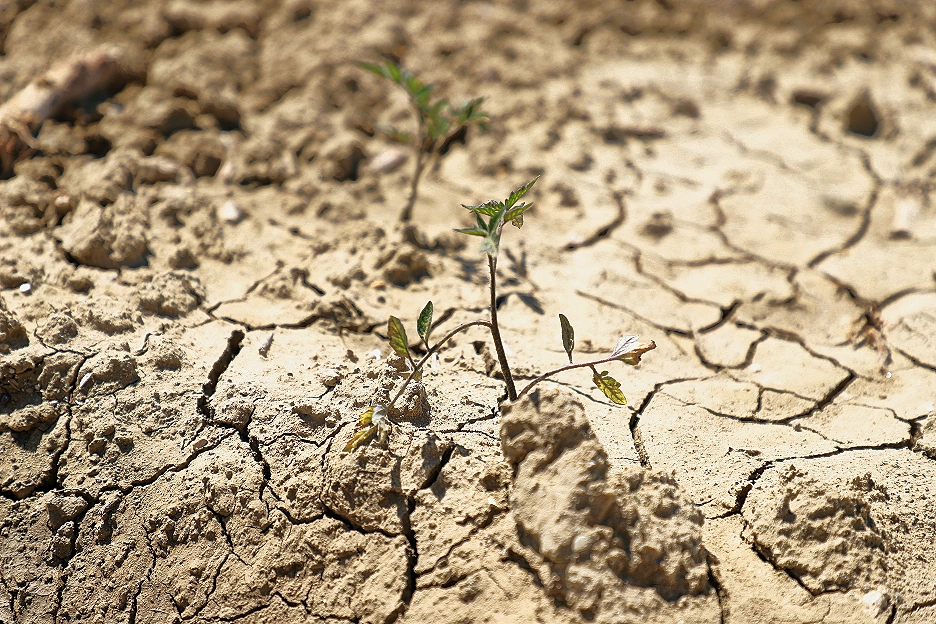Beat the Drought: Making Certain that Every Drop Reaches your Crop

As California enters yet another drought, concerns about water regulation and allocation have been heightened. It may feel like you are toe to toe with a giant at times like this but luckily, you are not fighting alone. We cannot always control the amount of water that your operation has access to, but we can ensure that every ounce of water you have makes it to your thirsty crops.
You can take three steps that will give you the tools you need to defeat this drought and come out on top.
Distribution Uniformity Testing
Regular Distribution Uniformity (DU) testing. Meras Water Solutions has one of the most detailed DU testing programs in the state. This test allows your water treatment technician to assess the general health of your system, often catching instances of plugging or leaking in the earliest stages.
During a busy growing season, you cannot afford to disrupt irrigation events. Plugging in the main irrigation line, or worse, a leak can mean wasted water which is already in low supply. In this heat, crops need all the help they can get. Scheduling DU testing at regular intervals is much like scheduling a regular check-up with your doctor. It is an opportunity to anticipate future issues, treat current problems, and provide preventative care. This is the perfect time to ensure that DU testing is happing on your farm.
Chemical Application
Proper chemical application. The quality of your water is just as important as the quantity. As the days get warmer and water becomes scarcer, biofouling becomes a much larger threat. You may be using groundwater that has not been treated. Or, you may be using water that has become warm, creating the perfect environment for bacteria to multiply and thrive.
Regular DU testing will often detect plugging that may occur due to the biofouling, but you can protect your water’s quality even further by ensuring that you are applying the correct chemicals at the proper rate. Your water treatment technician can guide you through this process at any point of your season.
Soil Treatment
Soil treatment. Even if your entire system is working at optimal levels, you may run into issues with different soil types. High temperatures can translate into compacted soil as bicarbonates and salts in your soil profile begin to accumulate. They bind to one another, creating a layer of soil that is so hard and compact that it will not allow water and nutrients to penetrate the roots of the plants.
Once your Agriculture Water Specialist becomes aware that your crops may be suffering from soil compaction, there are options to help break that bond to loosen the soil and allow for penetration. Either way, it is important to provide treatment quickly and efficiently to keep your season on track.
Water is precious this time of year and so is your time. Take these three steps to ensure that your irrigation system is up to the task of delivering the water that is provided. This drought may be tough but we at Meras are tougher. Let us fight for you!
